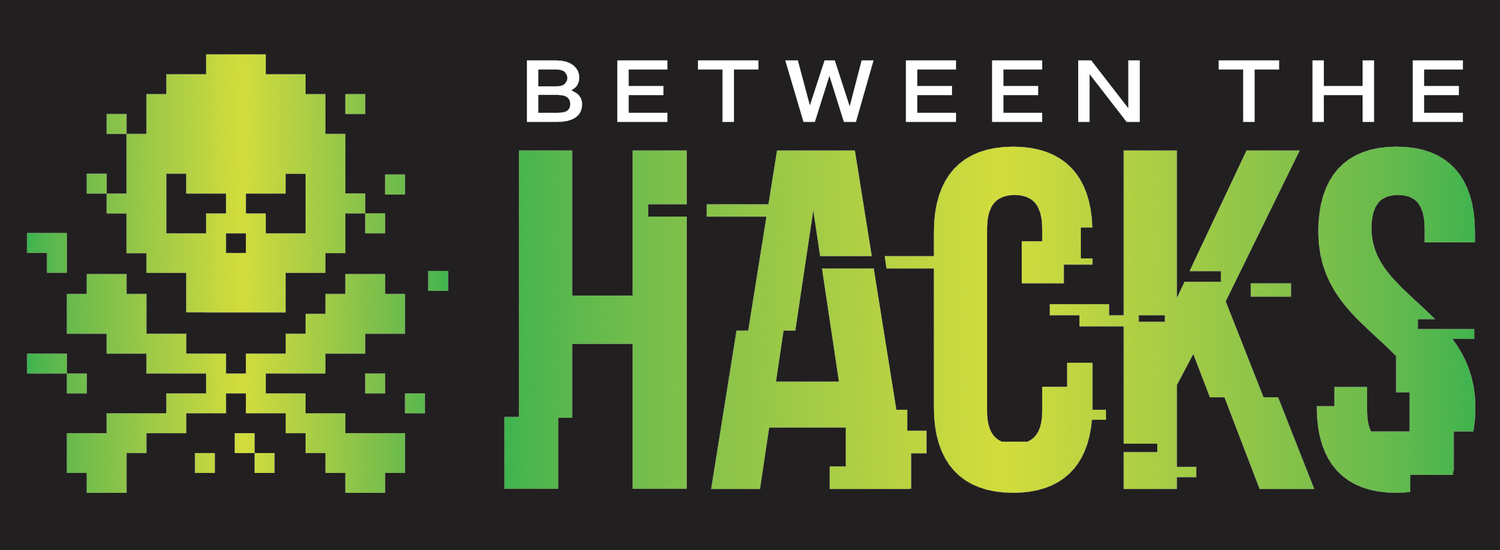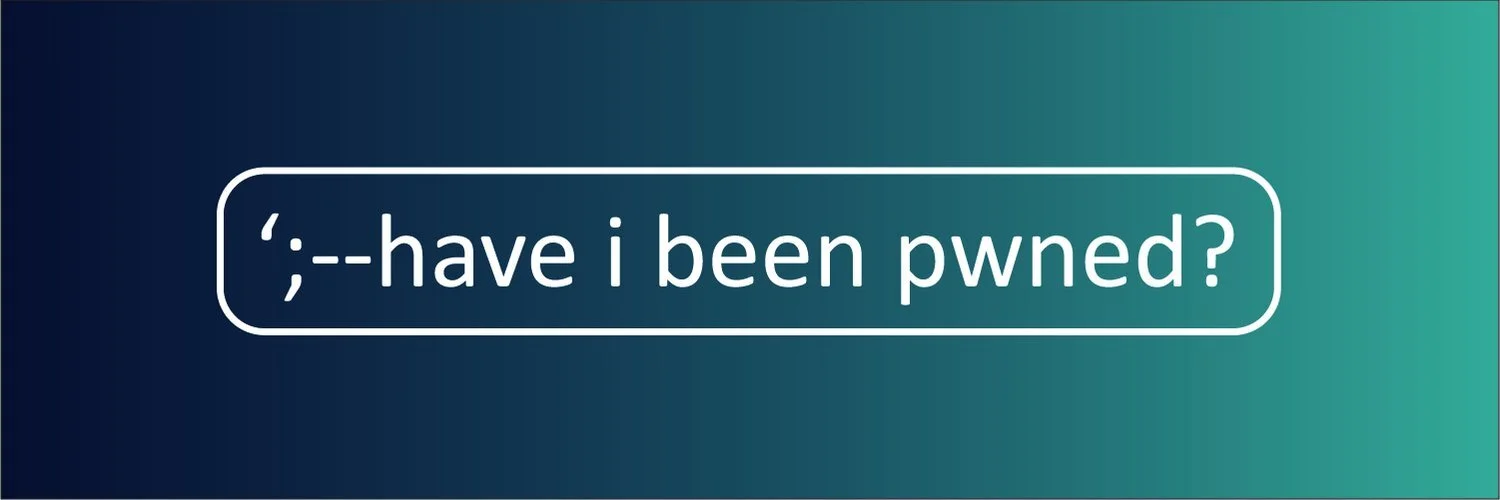Between The Hacks would like to thank all of those who read, share, and make this blog possible. Please have a safe and happy Thanksgiving and be secure when shopping this holiday season.
5 Tips For Online Holiday Shopping
2020 has obviously been a strange and challenging year for everyone and this holiday season, shopping will be mostly online. Follow these 5 tips to better secure your holiday shopping experience.
BTH News 21November2020
This week on Between The Hacks: Google used for phishing, the U.K. reveals their National Cyber Force, the state of CISA, ransomware takes over printers, and password managers are needed more than ever.
BTH News 15November2020
This week on Between The Hacks: Will the head of CISA be fired?, Microsoft discourages SMS MFA, The North Face credential stuffing attack, a new smishing campaign revealed, and The Perfect Weapon becomes a documentary.
Happy Veteran's Day
Between The Hacks would like to recognize and honor the veterans and their families, who served and sacrificed for the cause of freedom. Thank you for your service. #VeteransDay
BTH News 08November2020
This week on Between The Hacks: Three iOS zero-days, a zero-day for Chrome on Android, a new ransomware report, a gaming company falls victim to ransomware, and how to fix the Mac/HP “malware” problem.
BTH News 31October2020
This week on Between the Hacks, week 5 of Cybersecurity Awareness Month, Trump Campaign site defaced, ransomware threat against U.S. hospitals, a Facebook MFA bypass attack and how to enable MFA on your accounts.
BTH News 25October2020
This week on Between the Hacks, week 4 of Cybersecurity Awareness Month, Trump on cybersecurity, a Chrome zero-day, 63 billion credential stuffing attacks, and a malware museum.
Trump's Twitter Account Hacked...Again?
At a campaign rally in Tuscon, AZ on Monday, Donald Trump stated, “Nobody gets hacked. To get hacked, you need somebody with 197 IQ and he needs about 15 percent of your password.” The video quickly spread across the cybersecurity social media circles and generated a lot of attention. Today, Between The Hacks will dissect Trump’s statements, touch on some related news about a possible hack of Trump’s Twitter account, and share a few basic tips on how to secure your social media accounts.
OOPS!
If you are one of the 460 people who visited Between the Hacks on the morning of Monday October 19, you likely saw the weekly news post that was lacking a bit in, umm, detail. As you can see in the image below…
Choosing A Search Engine
There is no doubt that Google changed the world of the search engine and nothing made the resources of the Internet as accessible as Google. While it has over 90% of the global search engine market, some people have privacy concerns with using Google. This article provides an overview of those privacy concerns and shares some alternatives to using the search engine giant…
Take Control of Your Privacy with Global Privacy Control
The challenge of protecting the privacy of people online while still providing free services and content, is a challenge that has been met with many attempted solutions. Unfortunately nothing has really worked well to date but the pressures of privacy legislation like GDPR, (Europe) LGPD (Brazil) and CCPA (California) are pushing technologists to figure out how to have each individual communicate their privacy desires to the websites that they visit. he latest attempt and solving this problem is…
Choosing A Web Browser
The web browser is likely the most used application on your computer. In fact, many people have switched from a standard Windows or MacOS computer to a Chromebook which has one application, the Chrome web browser. With so much computing being done in a web browser these days, we are sharing some tips for choosing a web browser.
BTH News 11October2020
This week on Between the Hacks, week two of Cybersecurity Awareness Month, 61% of Exchange servers unpatched, governments want encryption backdoors, new Android ransomware, and tips to avoid ransomware.
4 Steps to More Secure Password Use
Passwords continue to be one of the most hated parts of computing. Not only are they annoying to all of us who have to use them, but they also tend to be a common way that computers and online services are breached.
Here are some tips and links to previous BTH articles that will make your life easier and a lot more secure when it comes to authentication.
Have I Been Pwned?
In late 2013, after the Adobe data breach, Australian cybersecurity expert, Troy Hunt, created the free web service, HaveIBeenPwned (HIBP), “as a free resource for anyone to quickly assess if they may have been put at risk due to an online account of theirs having been compromised or ‘pwned’ in a data breach.”
What does “pwned” mean? In this context, it basically means that…
BTH News 04October2020
This week on Between the Hacks, it’s Cybersecurity Awareness Month, potentially steep fines for paying a ransom, a New Jersey hospital pays a ransom to prevent sensitive data leakage, a warning about election misinformation, and a tool to test website privacy.
Cybersecurity Awareness Month
Today starts the 17th annual Cybersecurity Awareness Month which is held every October and was created as a collaborative effort between governments and private industry to ensure that everyone has the resources they need to stay safer and more secure online. Read more…
Between The Hacks Mailing List
Do you check the Between The Hacks social media accounts hourly to see if there is a new post? Are you clicking refresh on your web browser in anticipation of the next blog? If so, Between The Hacks is ready to give you back some time because with the new BTH mailing list!
This email mailing list will automatically send you an email the morning after a new BTH blog post.
Since we respect your security and privacy, all we ask for is your name and email address. And, if you don’t want to share your name, you can lie and enter a fake name (don’t lie about your email address or you won’t get any email updates).
Sign up now and don’t miss another riveting BTH post!
BTH News 27September2020
This week on Between the Hacks, new social media phishing campaigns, Microsoft reports of ZeroLogon attacks, a sports official data breach, and the EFF releases a new tool.




















